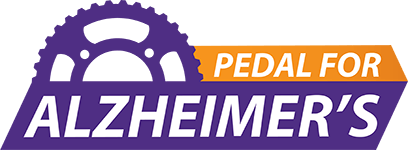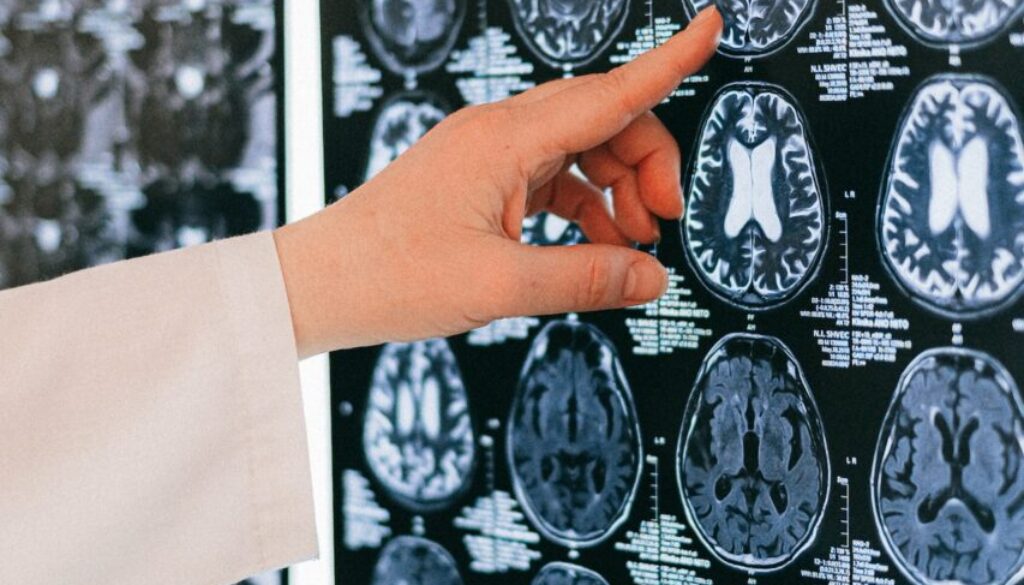Alzheimer’s Dementia: Early Signs and Screening
There is no single test that identifies Alzheimer’s disease, therefore delays in diagnosis often occur. This is problematic because Alzheimer’s is typically an extended illness, and the burden on families, caregivers, and the healthcare system is considerable. Shortening the time between disease onset and confirmation of the condition can ease the impact on a family’s resources.
Closing the gap requires awareness of the early signs of cognitive problems and the subsequent application of appropriate screening methods for dementia.
Signs and Symptoms
An initial sign of Alzheimer’s disease is trouble remembering new information to a degree that interferes with independent functioning. People with the condition will rely more and more on others to help them navigate things like conversation or event details, lost items, and retracing their steps. According to the Alzheimer’s Association, additional changes that warrant a medical and cognitive evaluation are:
- Change in mood or personality
- Withdrawal from usual activities
- Decreased or poor judgment
- New problems with words in speaking or writing
- Trouble understanding visual images and spatial relationships
- Confusion regarding time and place
- Difficulty finishing familiar tasks
- Limited planning and problem-solving abilities

Mild Cognitive Impairment versus Dementia
Dementia is a syndrome characterized by a collection of mental, physical, and behavioral changes that present in a certain pattern that helps identify the type. Alzheimer’s disease is the most common form of dementia. Not all cognitive impairment results in Alzheimer’s, but those with the former are more likely to experience further decline. The National Institute on Aging reports that for those over age 65 with mild cognitive impairment (MCI), up to 20% develop dementia within a year’s time.
An important distinction between MCI and dementia is that those with the former issue are still functionally independent and able to successfully live alone. Here’s a snapshot of other basic differences between MCI and dementia.
Mild Cognitive Impairment
- Losing things often
- Stable behavior
- More difficulty with word finding than people of same age
Dementia
- Unable to retrace steps and find an item
- Personality changes
- Difficulty relaying information in a logical or clear way
Identifying and Managing Dementia
Primary care providers may be well-versed in dementia recognition and work-up while others are less exposed and aren’t as confident. Physicians, nurse practitioners, and physician assistants who see patients and families first, have to decipher between the nuances of MCI and dementia. They must also rule out other possible causes of memory loss and confusion like depression, infection, or vitamin deficiencies.
Specialists
Being able to engage with treatment and care solutions early on improves the quality of life for those affected and may also decrease misuse and overreliance on hospital-based resources. However, access to specialists to help confirm a dementia diagnosis and/or to co-manage the course of the illness may be limited. Such specialists – listed in the table below – often require a referral, which can be a barrier to timely follow-up.
Geriatricians – Primary care physicians with dedicated training in the care of older adults.
Geriatric psychiatrists – Physicians focused on mental health and behavioral conditions related to aging.
Neurologists – Specialists who diagnose and treat nervous system abnormalities including brain disorders like dementia.
Neuropsychologists – Mental health professionals with advanced training in psychology including memory testing.
Barriers to diagnosis
A history and physical by a medical provider is by far the most useful tool in tracking memory and behavioral changes over time. A clinician will evaluate overall health status which may illuminate factors that are contributing to cognitive problems. They will also order needed tests such as lab work or brain scans to further investigate underlying causes of memory impairment.
As outlined above, lack of access to an experienced medical provider and/or a neuro specialist can be barriers to a proper dementia assessment. Other reasons for a delay in diagnosis
include:
- Subtle onset of signs and symptoms
- Assumption that signs are a “normal” part of aging
- Difficulty getting the person with dementia in for testing
- Disease stigma and subsequent shielding of the person by loved ones

Cognitive screening tests
In reality, the confirmatory test for Alzheimer’s disease is a biopsy of brain tissue at the time of death. As this is obviously not possible for patients living with dementia, the best providers can do is perform testing that leads to a “probable” diagnosis.
The following are examples of validated cognitive screening tests used to begin the process.
Ascertain Dementia 8 (AD8) – An 8-item survey that identifies early cognitive changes by asking about memory, orientation, judgment, and function.
Mini-Cog – A brief but sensitive test applying word registration, word recall, and clock drawing to detect early dementia.
Mini-Mental State Exam (MMSE) – An eleven-question assessment of thinking, communication, understanding, and memory that determines mental status and cognitive function.
Montreal Cognitive Assessment (MoCA) – A multi-variable test (e.g. visuospatial abilities, short-term memory, executive function) that is highly sensitive for mild cognitive impairment.
Supportive testing
The Alzheimer’s Association identifies the below tests as building blocks toward confirmation of a dementia diagnosis:
- FDA-approved digital cognitive assessment tools like the self-administered Computer Assessment of Mild Cognitive Impairment (CAMCI).
- Utility: Can be accessed remotely; provides automated, standardized results.
- Brain imaging such as MRI, PET, or CT scans.
- Utility: Identifies abnormal brain tissue consistent with a type of dementia.
- Genetic testing
- Utility: Provides opportunities for early identification and informed decision making for those at-risk.
- Depression and anxiety screening
- Utility: Identification of treatable chemical imbalances and behavioral components that compound cognitive issues.
Conclusion
The presence of memory problems, confusion, and personality shifts is unsettling to those affected. Often friends and loved ones are the first to notice such changes. Getting the individual properly evaluated depends not only on their willingness to participate but also the availability of resources – including access to experts in dementia care. A history and physical exam should be first and include a recognized cognitive screening tool. If warranted, a more involved work-up might involve brain imaging and referral to a neuro specialist for confirmatory testing as well as management recommendations.
Sources
Alzheimer’s Association. Medical tests for diagnosing Alzheimer’s disease. https://www.alz.org/alzheimers-dementia/diagnosis/medical_tests
Alzheimer’s Association. Overcoming stigma. https://www.alz.org/help-support/i-have-alz/overcoming-stigma
de Miranda, L. F. J. R., Matoso, R. O., Rodrigues, M. V., de Lima, T. O. L., Nascimento, A. F., Carvalho, F. C., Moreira, D. R. M., Fernandes, J. C., de Paula, J. J., Magno, L. A. V., Caramelli, P., & de Moraes, E. N. (2011). Factors influencing possible delay in the diagnosis of Alzheimer’s disease: Findings from a tertiary Public University Hospital. Dementia & neuropsychologia, 5(4), 328–331. https://doi.org/10.1590/S1980-57642011DN05040011
Li Yang, Jing Yan, Xiaoqing Jin, Yu Jin, Wei Yu, Shanhu Xu, Haibin Wu, Ying Xu & Caixia Liu (2018). Estimation of diagnostic performance of dementia screening tests: Mini-Mental State Examination, Mini-Cog, Clock Drawing test and Ascertain Dementia 8 questionnaire, Aging & Mental Health, 22:8, 948-952, DOI: 10.1080/13607863.2017.1320701
National Institute on Aging. How is Alzheimer’s disease diagnosed? https://www.nia.nih.gov/health/how-alzheimers-disease-diagnosed#:~:text=Perform%20brain%20scans%2C%20such%20as,other%20possible%20causes%20for%20symptoms.

Dow Stick is a freelance health writer and nurse practitioner in Western North Carolina. She earned a Bachelor of Science degree in Biology from the University of Mary Washington and a Master of Science degree in Nursing from East Tennessee State University. Her experience as an advanced practice nurse includes adult primary care, hospice and palliative care, chronic disease management, and addiction medicine. Her interests are in the health and wellness of older adults as well as the advocacy and support of those living with dementia, especially her own 95-year-old grandmother.

